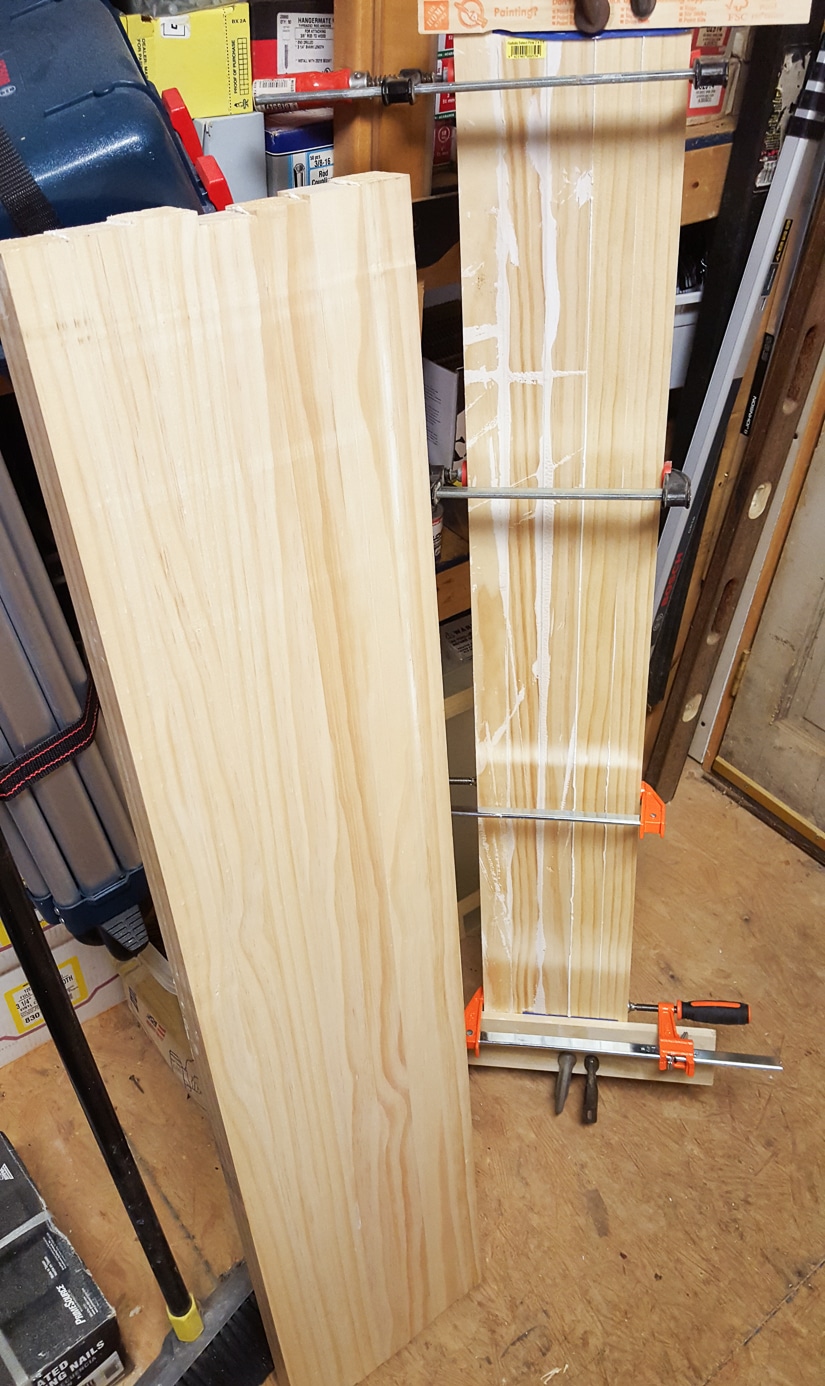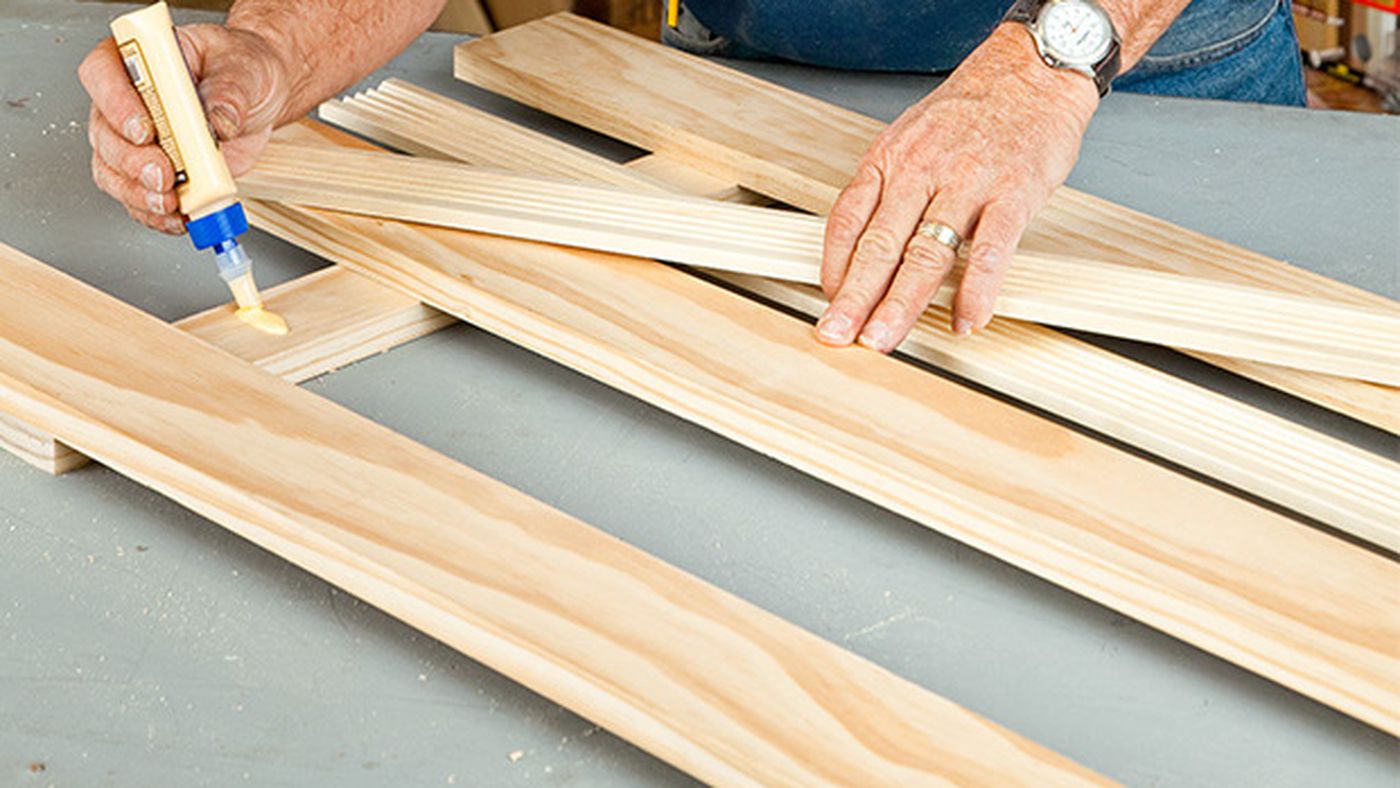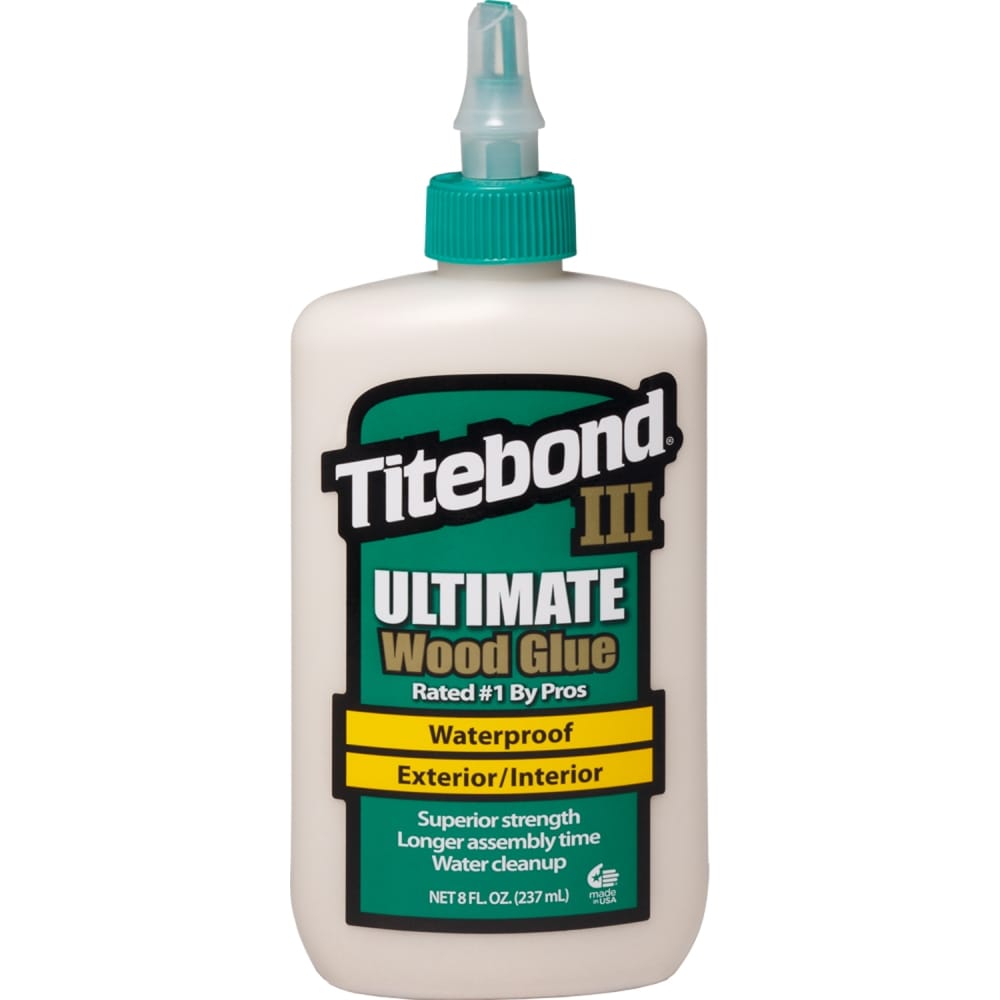When it comes to woodworking or crafting, selecting the right type of adhesive is crucial for both the integrity and durability of the finished product. Among the plethora of options available, PVA wood glue emerges as a popular choice for a variety of projects. But what exactly is PVA glue, and how does it benefit those who work with wood?
What Is PVA Glue?
Polyvinyl acetate, commonly referred to as PVA glue, is a synthetic polymer used as an adhesive in a wide range of applications. It is known for its strong bonding properties, ease of use, and versatility. PVA is a white, non-toxic adhesive that becomes transparent when dry, offering a clean finish to any project.
Can PVA Glue Be Used on Wood?
Definitely, can PVA glue be used on wood is a question with a positive answer. PVA is specifically designed for woodworking, providing a sturdy bond that holds wood fibers together. Its compatibility with the porous nature of wood makes it an excellent choice for furniture repairs, cabinetry, and general woodcrafts.
Understanding PVA Glue Properties
The properties of PVA glue make it suitable for a range of applications. Let’s delve into some of the key characteristics that define this adhesive.
PVA Glue Heat Resistance
When it comes to pva glue heat resistance, it is important to note that while it can withstand mild heat, excessive temperatures can compromise its bonding strength. PVA glue is not recommended for projects that will be subjected to high heat on a regular basis.
Is PVA Glue Toxic?
One of the major concerns for any craftsman or DIY enthusiast is safety. Is PVA glue toxic? The answer is reassuring. PVA is a safe adhesive to handle, being non-toxic and non-flammable, which makes it ideal for use in environments where safety is a priority.
Acid Free PVA Glue
For archival purposes, acid free PVA glue is preferred. This type of PVA glue does not contain any acidic components, ensuring that it does not cause deterioration or yellowing of materials over time, making it perfect for bookbinding and other projects that require longevity.
Types of PVA Wood Glues
While PVA glue is a term that encompasses a broad range of adhesives, there are specific types tailored for woodwork that stand out in terms of performance.
Best PVA Wood Glue
The title of best pva wood glue often goes to products that offer superior strength, quick setting times, and ease of application. Woodworkers tend to favor those that also have minimal shrinkage and can be easily sanded without gumming up sandpaper.
Exterior PVA Wood Glue
For outdoor projects, exterior pva wood glue is the go-to option. This adhesive is formulated to withstand the elements, including moisture and varying temperatures, making it ideal for garden furniture, decks, and other exterior woodworking tasks.
Advantages and Disadvantages of PVA Glue
Every adhesive has its pros and cons. Here’s a look at the advantages and disadvantages of pva glue.
Benefits in Woodworking
- Strong bond tailored for wood fibers
- Non-toxic and safe for indoor use
- Dries clear for a neat finish
- Can be sanded down post-application
Potential Drawbacks
- Limited heat resistance
- Not suitable for heavy moisture-exposed projects without additional treatment
- Longer curing time compared to some other adhesives
Comparing PVA Glue with Other Wood Adhesives
Understanding the difference between various wood adhesives is key to choosing the right one for your project.
Difference Between PVA and Wood Glue
It’s a common misconception that all wood glues are the same. The difference between pva and wood glue lies in their composition. While PVA is a type of wood glue, there are other adhesives like epoxy and polyurethane that also fall under the wood glue category, each with distinct properties and uses.
Best Waterproof Wood Glue
When it comes to projects that will be exposed to moisture, the best waterproof wood glue is often a polyurethane-based adhesive. Unlike standard PVA, polyurethane glue can form a bond that is impervious to water, making it a superior choice for outdoor applications.
Practical Applications of PVA Wood Glue
PVA wood glue is not just limited to basic crafts; it has a variety of practical applications in both DIY projects and professional woodworking.
Does PVA Glue Waterproof Wood?
A common question is, does PVA glue waterproof wood? While it offers some level of protection, PVA is not inherently waterproof. For applications where water resistance is essential, it’s recommended to use a specially formulated exterior PVA or an alternative waterproof adhesive.
Typical Uses in Projects
PVA wood glue is extensively used in projects such as furniture assembly, repair work, wooden toys, and decorative items. It is also a staple in joinery, cabinet making, and even in the construction of musical instruments due to its reliable bonding capabilities.
Tips for Using PVA Wood Glue
For optimal results, it’s important to know how to properly use PVA glue. Here are some tips to ensure a strong, lasting bond.
Preparing Surfaces
Before applying glue, make sure that the surfaces are clean, dry, and free from dust or oil. A slightly rough surface can also help improve the glue’s adhesion.
Application Techniques
Apply a thin, even layer of glue to one surface and clamp the pieces together until the glue has cured. Avoid excess glue, which can weaken the bond and create a mess.
FAQs on PVA Wood Glue
Here are answers to some frequently asked questions about PVA wood glue to help you get the most out of this versatile adhesive.
Common Questions and Expert Answers
From drying times to shelf life, experts can provide insights into how to maximize the effectiveness of PVA glue in your projects.
Conclusion and Final Recommendations
Choosing the correct adhesive is crucial for the success of any woodworking project. PVA wood glue is a reliable and safe option for most indoor applications, offering a strong bond and ease of use.
Are you working on a woodworking project and pondering over the right adhesive to use? Our comprehensive guides on wood adhesives are here to help. Learn about the versatile PVA wood glue, a popular choice for bonding wood surfaces. If you’re curious about other types of adhesives, take a look at our articles explaining CA wood glue and the specifics of wood glue in general. For those dealing with PVC materials, our guide on PVC glue will provide you with the essential information you need to choose the right glue for your project.
Choosing the Right Glue for Your Project
Consider the requirements of your project before selecting a glue. For general woodworking, PVA is an excellent choice, but for outdoor or moisture-prone projects, look towards specialty glues designed for those environments. Always prioritize safety and follow the manufacturer’s guidelines for the best results.


